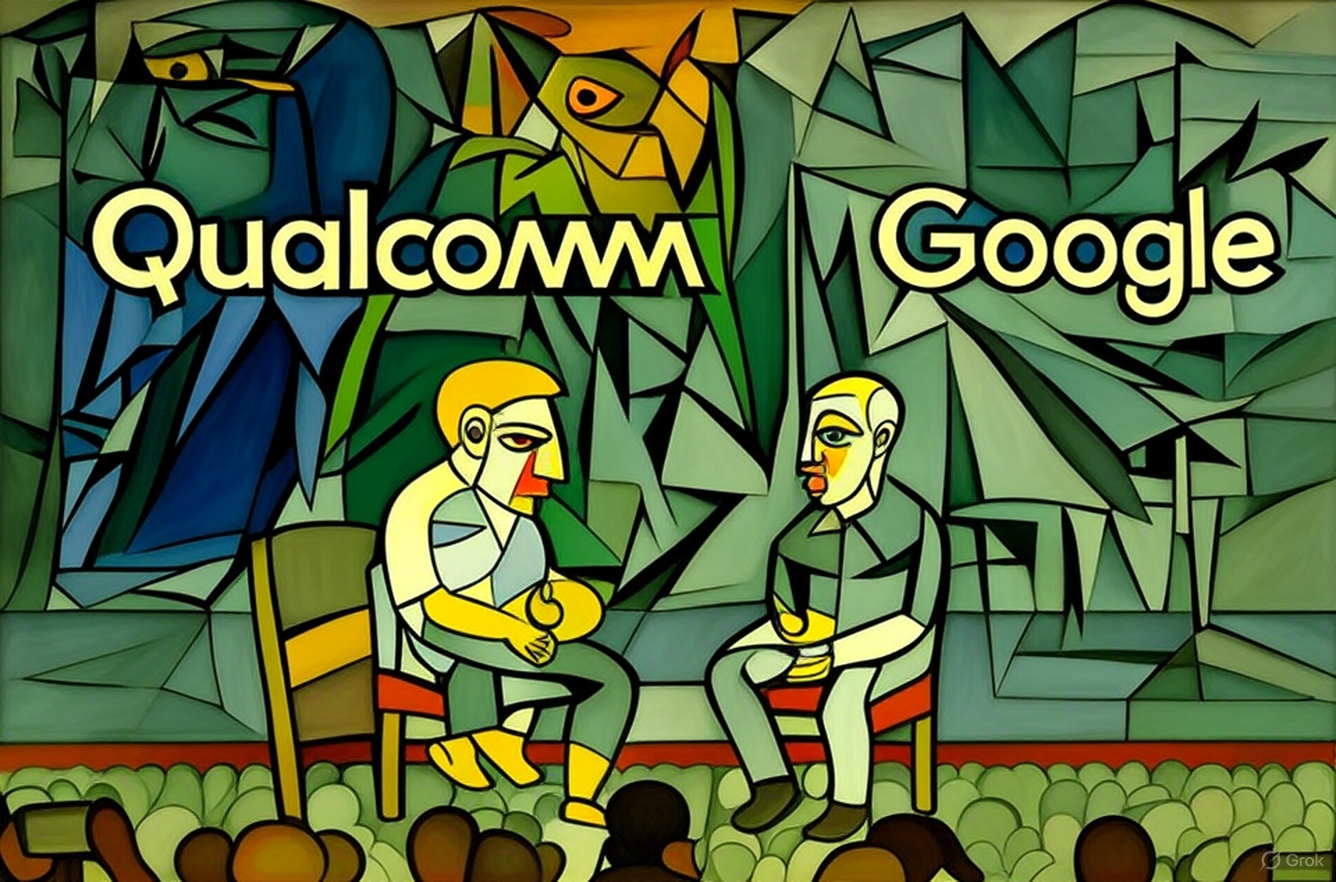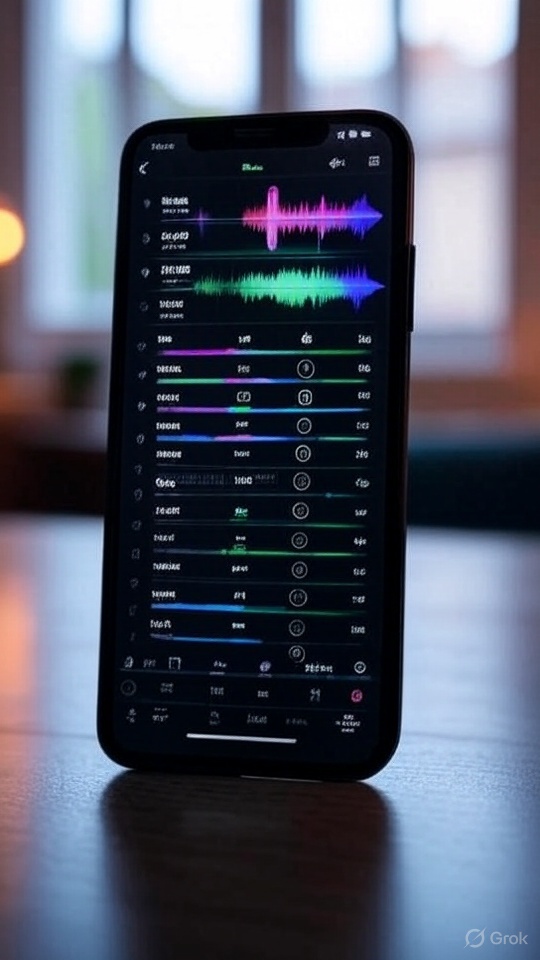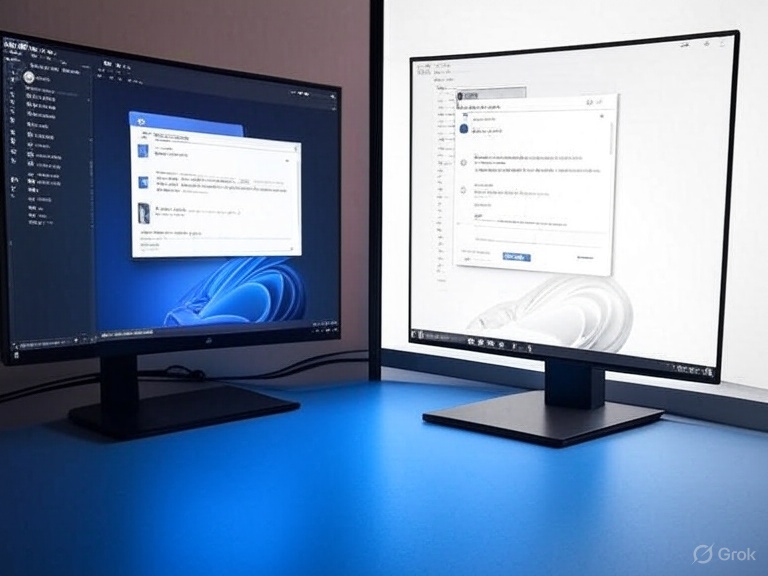
Perplexity AI’s Comet Browser Goes Free Worldwide — Taking on Google, OpenAI, and Anthropic
Perplexity AI has officially launched its AI-powered browser, Comet, to the public for free. Once a $200-per-month perk for premium users, the browser is now positioned as a global challenger to tech giants like Google and OpenAI.
In a bold move to expand its footprint in the AI-driven software landscape, Perplexity AI announced Thursday that its artificial intelligence-powered web browser, Comet, is now available worldwide at no cost to users.
The news is a major shift in strategy. Until now, Comet was only available to Perplexity Max subscribers, who paid a steep $200 a month. That exclusivity created hype, with millions signing up for the waitlist. Now, anyone can download Comet for free — a move that could significantly boost adoption and challenge industry leaders.
A Personal Assistant in Your Browser
Unlike traditional browsers, Comet is built from the ground up as a personal AI assistant. The browser doesn’t just load web pages; it’s designed to:
- Search the web with context-aware intelligence
- Organize tabs automatically
- Draft emails and documents
- Help users shop online
- Handle multitasking behind the scenes
Perplexity says it wants Comet to “do the work for you” — whether that means pulling research from across the web, handling repetitive tasks, or quietly working in the background while you focus on something else.
Free vs. Premium: What’s the Catch?
The free release of Comet marks a pivot for Perplexity. The company is betting that scale matters more than exclusivity, especially as rivals like Google, OpenAI, and Anthropic push their own AI browser agents into the market.
Perplexity hasn’t abandoned premium offerings, though. In August, it introduced Comet Plus, a subscription service that gives users access to curated content from established media outlets. Current partners include CNN, Condé Nast, The Washington Post, Los Angeles Times, Fortune, Le Monde, and Le Figaro.
This partnership model emerged after Perplexity was accused of plagiarizing news content. To counter the criticism, the startup rolled out a revenue-sharing system with publishers, making Comet Plus both a trust play and a monetization channel.
A Browser War Is Brewing
Perplexity’s free Comet launch isn’t happening in a vacuum. The browser space is suddenly looking like the next big AI battlefield:
- Google rolled out its Gemini integration in Chrome last month.
- Anthropic announced a browser-based AI agent in August.
- OpenAI unveiled Operator, a browsing assistant, earlier this year.
In fact, Perplexity even made headlines in August when it reportedly made a $34.5 billion unsolicited bid for Google Chrome — a move dismissed by many as symbolic, but one that signaled just how seriously the startup is taking the browser wars.
Now, with Comet free for everyone, the competition is about to intensify.
Looking Ahead: Mobile and Multitasking
The company isn’t stopping with the desktop browser. Perplexity teased two major updates on the horizon:
- A mobile version of Comet, bringing its assistant features to smartphones.
- Background Assistant, a feature that can juggle multiple tasks simultaneously and asynchronously.
Imagine asking Comet to research flights, draft a pitch email, and summarize an article — all at once, without slowing you down. That’s the vision Perplexity is chasing.
Why It Matters
By going free, Perplexity is betting it can scale user adoption quickly before Google, OpenAI, and Anthropic tighten their grip on the market. It’s a gamble, but one backed by growing brand recognition. The company is already well known for its AI-powered search engine, which surfaces concise answers with links to original sources.
If Comet lives up to the hype, it could reshape how we think of browsers — not as static windows to the internet, but as dynamic assistants that do the work with us, or even for us.
Final Word
Tech giants may dominate the headlines, but Perplexity’s Comet has an advantage: agility. By offering its AI browser for free, the startup has effectively opened the floodgates. Now the real test begins — will Comet simply ride the AI wave, or will it become the next default way people use the web?


